Mullah Omar endorses 'political endeavours and peaceful pathways'
Days after Murree peace talks, Taliban leader says meetings with enemies is not prohibited in Islam
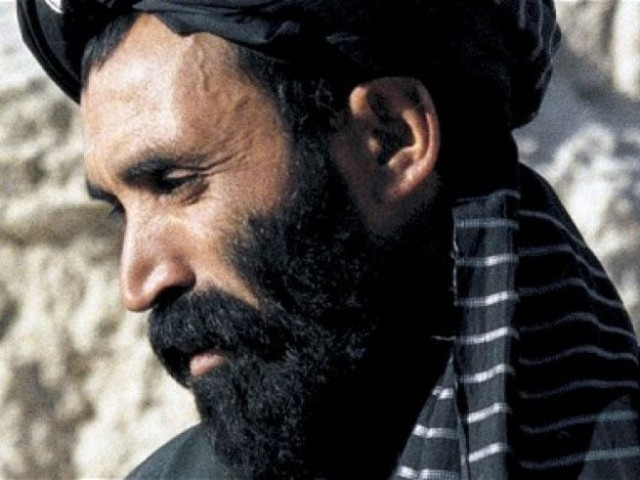
Taliban leader Mullah Omar. PHOTO: REUTERS
Mullah Omar, whose whereabouts have not been known since 2001, however, did not directly mention the July 7 peace talks brokered by Pakistan.
“Concurrently with armed jihad, political endeavours and peaceful pathways for achieving these sacred goals is a legitimate Islamic principle and an integral part of prophetic politics,” the Taliban's elusive leader said.
Read: Taliban had leadership’s nod for Murree process, says Aziz
“As our holy leader, the beloved Prophet (pbuh), was actively engaged in fighting the infidels in the fields of ‘Badr’ and ‘Khyber’, he simultaneously participated in agreements beneficial for Muslims, held meetings with envoys of infidels, sent messages and delegations to them and on various occasions even undertook the policy of face-to-face talks with warring infidel parties,” Mullah Omar said.
The Taliban leadership traditionally issued Mullah Omar’s “Eid” messages but did not after 2007, the year he had issued an audio to leaders after the killing of top Taliban leader Mullah Dadullah in southern Afghanistan in a joint operation by foreign and Afghan forces.
“If we look into our religious regulations, we can find that meetings and even peaceful interactions with the enemies is not prohibited but what is unlawful is to deviate from the lofty ideals of Islam and to violate religious decrees,” the Taliban leader further said.
“Therefore, the objective behind our political endeavours as well as contacts and interactions with countries of the world and our own Afghans is to bring an end to the occupation and to establish an independent Islamic system in our country,” Mullah Omar said.
Read: Taliban, Afghan government talk 'peace' in Islamabad
The Taliban leader underscored the importance of the Taliban office in Qatar in aiding the political process but did not oppose the political engagement of other leaders who are not associated with the office but are involved in negotiations.
“We have established a ‘Political Office’ for political affairs, entrusted with the responsibility of monitoring and conducting all political activities,” he added.
Further, for the first time Mullah Omar addressed the issue of labelling the Taliban as Pakistan's agents.
“Some circles accuse mujahideen of being agents of Pakistan and Iran. This is an utterly unjust verdict because neither our past history nor the present prevailing circumstances attest to this statement and the forthcoming history will also be a witness against these false accusations,” the Taliban leader insisted.
Read: Murree meet-up: Kabul hopes Pakistan talks will end bloodshed
He said the Taliban have, however, sought “cordial relations not only with Pakistan and Iran” but also all other neighboring countries.
“Just like towards the people of Pakistan and Iran, we have been the well-wishers of all masses of all neighboring, regional and world countries and we are determined to pursue this wise policy," he maintained.
The Taliban leader also justified the armed struggle as invading troops are still stationed in Afghanistan.
“Jihad is as obligatory today as it was in the beginning of foreign occupation because our Muslim homeland Afghanistan is still under occupation and both its land and air space are controlled by the invaders,” Mullah Omar said.

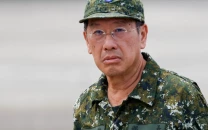

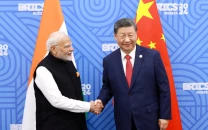

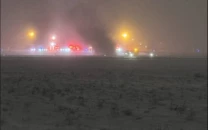
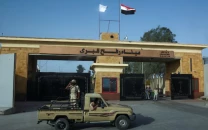












COMMENTS
Comments are moderated and generally will be posted if they are on-topic and not abusive.
For more information, please see our Comments FAQ